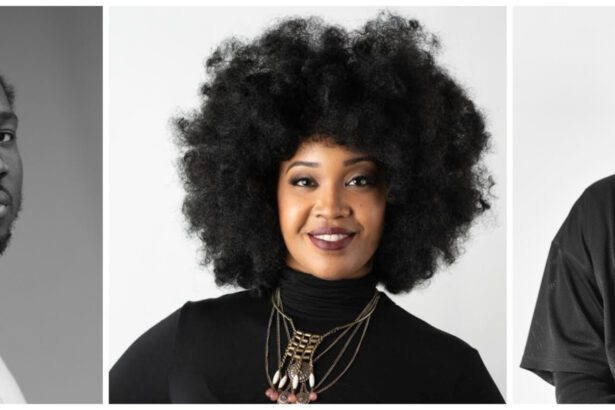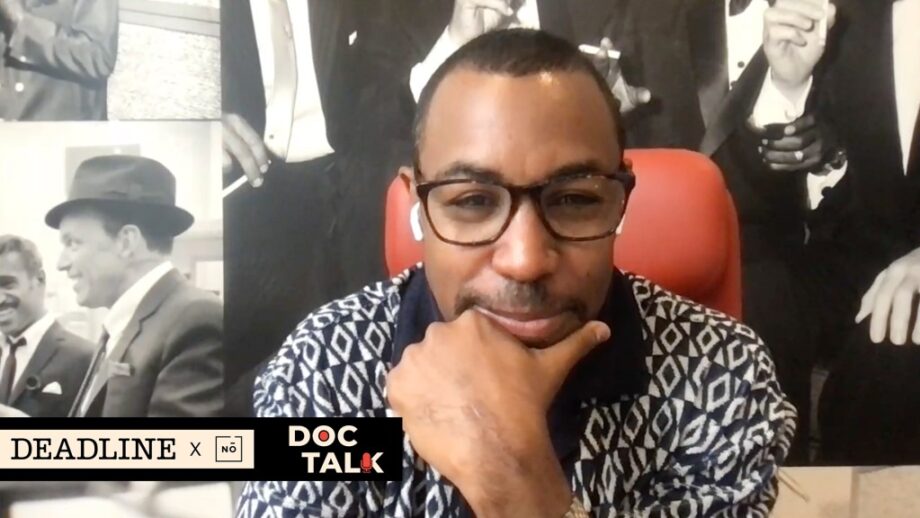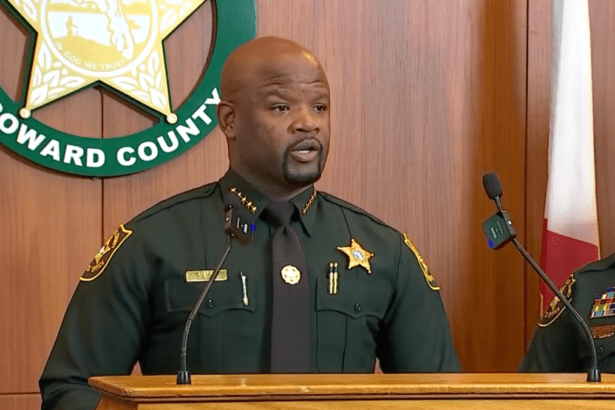Elon Musk’s positions on race and racism can be viewed as problematic, to say the least — much like his ownership of Twitter/X, one of the foremost means of modern communication. He has used the social media platform he bought in October 2022 to attack diversity, equity and inclusion initiatives. And last year he tweeted (X’d?) to his millions of followers, accusing “elite” high schools and universities of being racist against white and Asian people.
The South African-born entrepreneur has gone further than that. Fortune magazine says he has promoted the far-right “Replacement Theory” – the very embodiment of white entitlement and fragility. On June 6, NBC News reported, “Elon Musk’s social media app X has been placing advertisements in the search results for at least 20 hashtags used to promote racist and antisemitic extremism, including #whitepower, according to a review of the platform.” Mother Jones published an article in March that said, “Recently, the tech billionaire has been retweeting prominent race scientist adherents on his platform X (formally known as Twitter), spreading misinformation about racial minorities’ intelligence and physiology to his audience of 176.3 million followers.”
There’s an irony to all this. Musk, in purchasing Twitter for $44 billion, was buying traffic – eyeballs – many of them belonging to Black people. The degree to which Black users of the platform have driven engagement on Twitter, adding value to the business, becomes abundantly clear in the Hulu documentary series Black Twitter, directed by Prentice Penny.
Penny, former showrunner of HBO’s Insecure, joins the latest episode of Deadline’s Doc Talk podcast to discuss his Emmy-contending series. He explains how Black Twitter developed into “a thing” – that is, a place to find community, discover and validate common experiences, and create humorous memes and conversation flashpoints. Later, Black Twitter became much more serious, galvanizing social justice movements in response to the killings of Trayvon Martin, Michael Brown, Breonna Taylor, Eric Garner and other Black people.
Penny tells podcast co-hosts John Ridley, Oscar-winning screenwriter of 12 Years a Slave, and Matt Carey, Deadline’s Documentary Editor, how he came to direct the series that’s based on Jason Parham’s multi-part piece in Wired magazine. Ridley offers uncensored views on Musk and his leadership of Twitter/X. And Penny explains why he thinks Twitter’s moment may have passed, leaving him to ponder its influence going forward and where Black social media users may direct their energies next.
That’s on the latest edition of Doc Talk, a 2024 Webby Awards honoree. The pod is a production of Deadline and Ridley’s Nō Studios, presented with support from National Geographic Documentary Films.
Listen to the episode above or on major podcast platforms including Spotify, iHeart and Apple.




